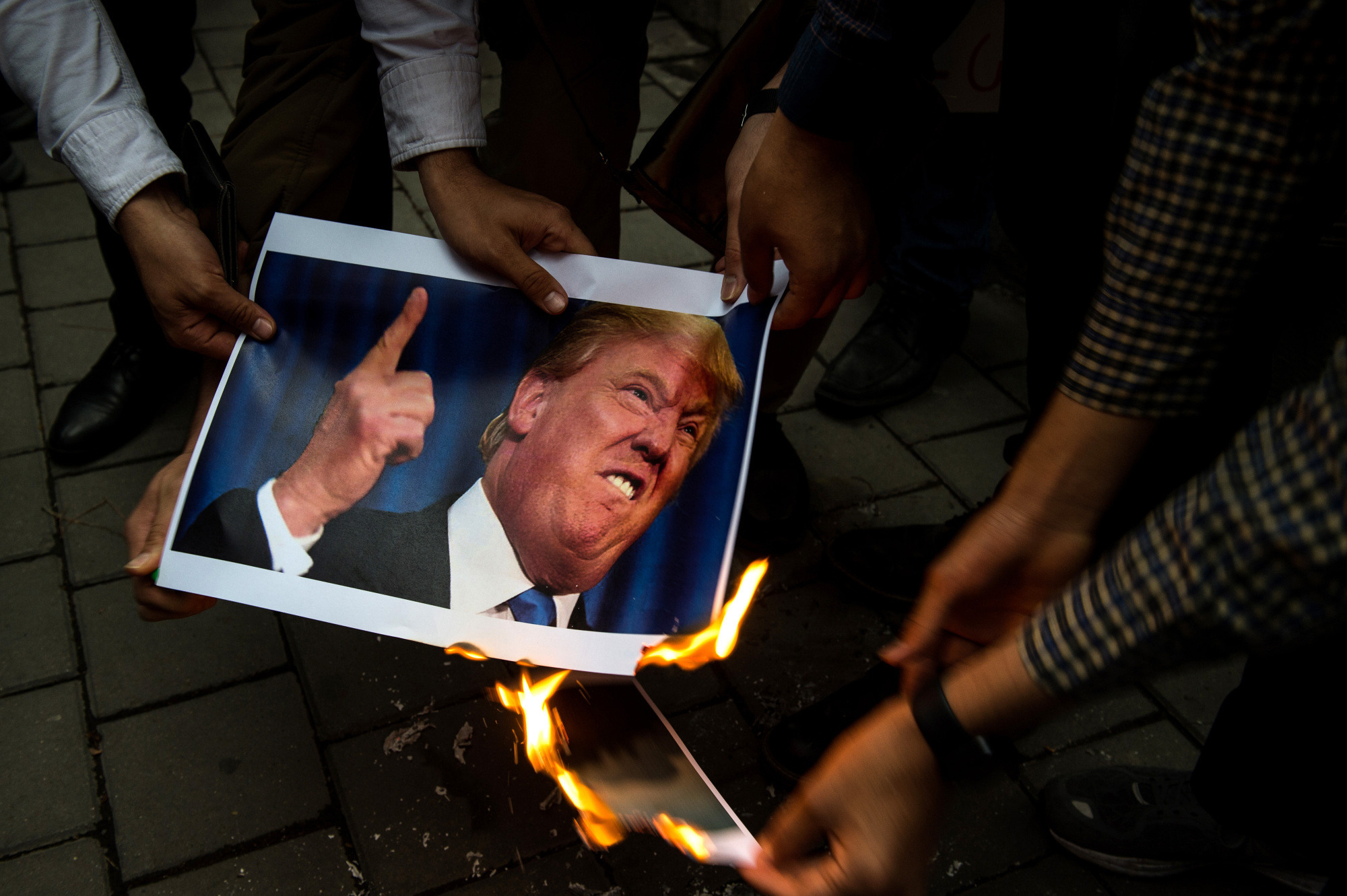"The Iran sanctions have officially been cast," tweeted U.S. President Donald Trump three months after he signed an executive order in May announcing his administration's withdrawal from the 2015 Iran nuclear deal. He went on to boast the return of "the most biting sanctions ever imposed," as if sounding the death knell of the Joint Comprehensive Plan of Action (JCPOA), as the deal is officially known.
The announcement took few observers by surprise. But the irony was not lost on Wendy Sherman, the JCPOA's senior U.S. negotiator, who quipped recently that she had always expected "the greatest challenge to the deal's success would be violations by Iran, not the political machinations of the president of the United States."
Indeed, Iran and the U.S. seem to have reversed roles: Iran's isolation before the deal now contrasts with America's determination to swim against the global tide. Disappointment, if not disbelief, prevailed among the JCPOA's other parties — the European Union countries, Russia and China — whose leaders were quick to reaffirm their strong commitment to the agreement.



















With your current subscription plan you can comment on stories. However, before writing your first comment, please create a display name in the Profile section of your subscriber account page.